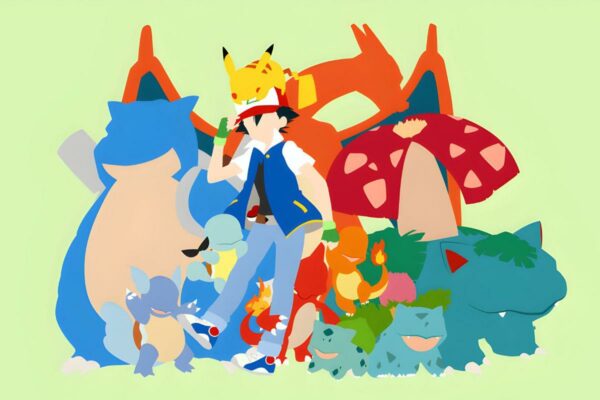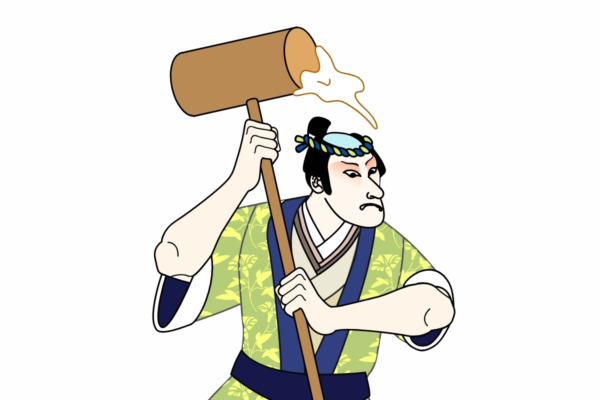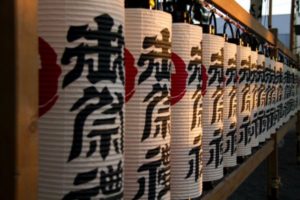Research has found that studying Japanese is a serious challenge for students, and their progress and success depend on four major factors. Impacts of teacher qualifications, feedback, the difficulty of the class, and a sense of progress can go either way in terms of either motivating or demotivating the learners of Japanese. They can exacerbate or relieve the degree of difficulty every student studying Japanese experiences. Let’s see what is so difficult about learning Japanese.
Written Japanese

Writing often becomes an insurmountable challenge for foreign students when they decide to master Japanese. English native speakers are usually appalled to learn that there are three writing systems in Japanese. The two phonetic alphabets of hiragana and katakana are written and pronounced in a specific way, unlike English. Kanji makes it even more complicated because it is a pictographic alphabet.
Learning Japanese is a time-consuming and labour-intensive process. If you are inundated with academic tasks, you should find the best site to buy research papers. Not only will this help you complete your assignment on time, but it will also free up time to dedicate to your language studies.
Japanese Grammer

Japanese grammar presents learners with further challenges. In fact, describing them as challenges might be an understatement. Many students quit because of the level of complexity of Japanese grammar. Like German, Japanese tends to place the verb at the end of the sentence. This makes it impossible to understand the nature of action before you complete reading or listening to a full sentence. English has a stringent word order, which makes it for native English speakers to adjust to a more liberal and flexible use of subjects, verbs, and objects in Japanese.
There is a lot you can learn from professional writers about the correct use of grammar. When you decide, ‘I need to hire a trustworthy writer to research paper writing help, ’ you can increase value for money. On the one hand, you get your task completed; on the other, you use it as a learning experience.
Politeness and decorum run through Japanese culture and lifestyle. They are directly reflected in Japanese. As a foreigner, you won’t be expected to master the intricacies and nuances of the Japanese language, but your negligence of local costumes will always raise lots of eyebrows.
You don’t want to be frowned upon because your actions appear to be impolite, even if you never intended them to be. The Japanese have a way of pronouncing the same words and expressions in different ways depending on who they are speaking with. Differences are subtle to catch, and it will take you years before you are able to emulate locals.
Learning through Art
Many students find it easier to learn Japanese through various art forms. There is a lot of evidence encouraging us to learn a foreign language through music to increase the efficiency of our learning.
You get the double benefit of enjoying wonderful Japanese music while getting used to the pronunciation of Japanese words. This is a well-tested practice that you should definitely add to your arsenal of language study tools.
To Sum Up
Indeed, Japanese is one of the toughest languages to learn on earth. It presents additional challenges to native English speakers because there is hardly anything similar between the two languages. In addition to linguistic differences, learners face cultural differences, which must be taken into account when starting their learning process.
One creative way of augmenting your efforts is to use Japanese music as a great medium and resource for your learning. Practice makes perfect, so your consistency will definitely pay off if you stick to your goals.


















































